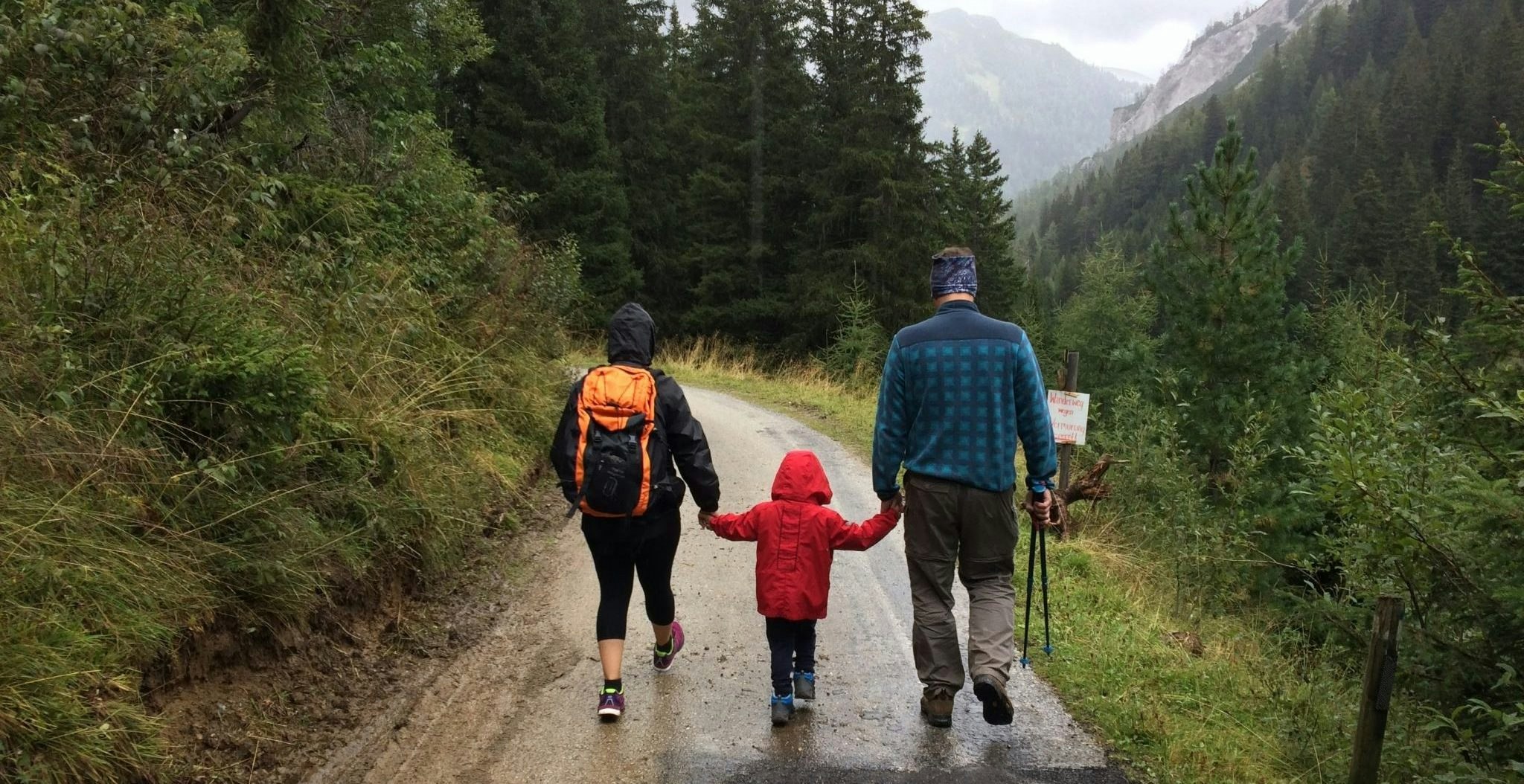'Sharenting’ — where parents share information about their children on social media — is on the rise. By the time a child turns 13, research shows that their parents will have shared an average of 1,300 photos of them online.
The dangers of doing so are also becoming clearer and Kin, a new social network app for families, wants to help. The app gives parents and children a private communication channel to securely share messages and photos, as well as create a digital family archive for the future.
The company, founded in 2019, recently raised $3.2m, giving it a $25m valuation, and launched in the UK today.
The rise of sharenting
“I realised my Instagram was essentially created to track the holidays and the things I’ve done with the kids, partly for them to remember the things we’d done too,” explains Matt Blom, cofounder of Kin.
At the same time, he was aware of the dangers of sharing too much information about his children online.
“We’re the generation who’ve been taken on a journey through social media — one that hasn’t really ended up where we expected,” Blom says.
There are increasing concerns around data privacy — something that reached new heights when Whatsapp changed its privacy settings — but ‘sharenting’ brings other problems too. By 2030, it’s predicted that two-thirds of identity theft will be based on information a parent has shared about their child online.
“Parents are only just starting to realise the dangers, it’s slowly dawning,” says Michael Collett, Blom’s cofounder.
“You’ve got the fraudulent side but you’ve also got kids in the US taking their parents to court for sharing too much about them online, which is a sad set of affairs!”
A digital legacy
With those concerns in mind, Kin wants to give families a shared space, accessible only via an invitation from a designated leader, the ‘KinPin.’ There, families can share organisational messages, photos and videos.
Children under 13 can have an account, but they’re only able to view messages instead of comment or post their own.
Alongside standard messaging, users can send ‘future messages’ — those that are written now and set for a certain date in the future.
“I can leave messages for my kids for years to come, for events I might not be here for,” explains Blom. “My mum is going to be 70 soon and she’s planning to leave happy birthday messages for my kids on their 70th birthdays too.”
“On my family account, there’s a video of me taking a Covid-19 test that I’ve left for 100 years time. In 100 years time, that’s going to be interesting. We don’t have any family members giving us information about the Spanish Flu, but if we had, we’d have all gone back to that content when Covid-19 hit.”
There are also ‘memorial accounts’ to continue sharing memories about a relative after they’ve died.
WhatsApp and Facebook are the most popular ways for families to communicate and, although Blom and Collett don’t want to replace those channels, they believe that the apps no longer serve the purpose family groups use them for.
“Are our families just another WhatsApp group?” says Blom. “It’s not through choice that we’ve ended up in that position, it’s because that was what was available to us, but it doesn’t quite fit the purpose.”



